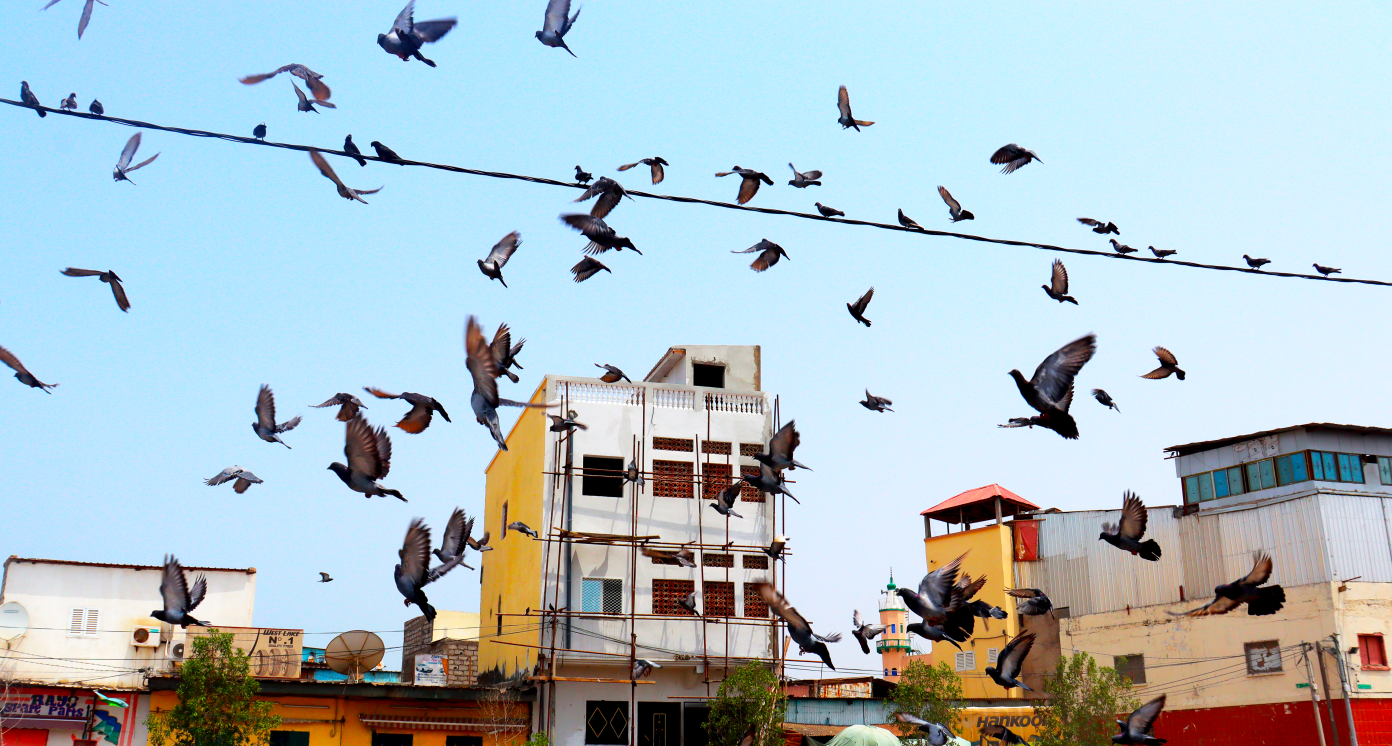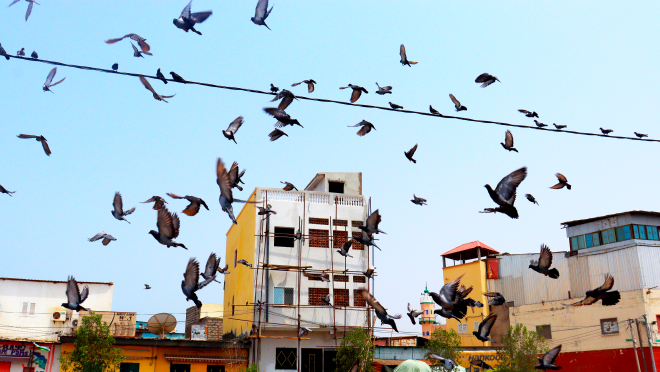Djibouti is one of the smallest countries in Africa, with an area of 23,200 square kilometers and a population estimated at about 990,000. The size of its economy limits its ability to diversify production and increases its reliance on foreign markets, making it more vulnerable to market downturns and hampering its access to external capital. With less than 1,000 square kilometers of arable land (0.04% of its total land area) and average annual rainfall of only 130 millimeters, Djibouti depends almost completely on imports to meet its food needs.
Djibouti’s strength lies in its strategic location at the southern entrance to the Red Sea, marking a bridge between Africa and the Middle East. Adjacent to some of the world’s busiest shipping lanes (between Asia and Europe), it hosts military bases for France, the United States, Japan, China, and the North Atlantic Treaty Organization (NATO), as well as for other countries with forces supporting global anti-piracy efforts.
Djibouti’s economy is driven by a state-of-the-art port complex, among the most sophisticated in the world. Trade through the port is expected to grow rapidly in parallel with the expanding economy of the country’s largest neighbor and main trading partner, Ethiopia. Djibouti has some natural assets that could be used for tourism, untapped marine resources that could support more artisanal fishing, and an infrastructure of undersea telecommunications cables from which it could develop new digital and service industries. Renewable energy could be another source of growth, as Djibouti has geothermal, solar, and eolian potential.
The country’s medium-term economic outlook remains positive despite the impact of COVID-19: Output growth is set to reach 5.5% in 2021 and average 6.2% over 2022 and 2023, as free zone re-exports, as well as economic activity in, and exports of, transportation, logistics, and telecommunication services to Ethiopia rebound. That said, a more protracted economic slump in Ethiopia would have knock-on effects in Djibouti. Djibouti’s ongoing infrastructure projects, such as the construction of a ship repair yard, a new oil jetty at the Port of Damerjog and new hospitality infrastructure are also expected to boost growth and job creation, barring protracted delays in these new projects. The shipyard's repair and maintenance capabilities are expected to attract more ships to Djibouti, giving the country’s main port a competitive advantage over neighboring ports, and cementing its position as a regional trade and logistics hub.
21
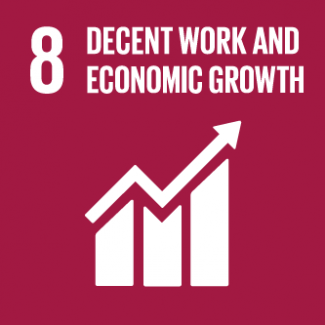
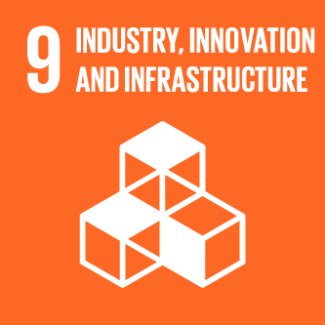
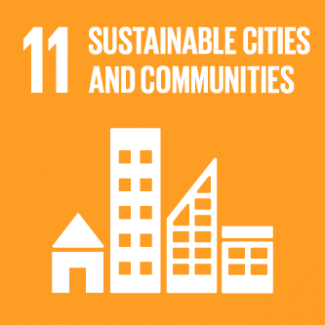
Services, Transportation, Renewable Resources and Alternative Energy
0.524
How is this information gathered?
SDG Investor Maps employ an 8-step methodology, combining data research and stakeholder consultations to identify Investment Opportunity Areas (IOAs) and potential business models with significant financial and impact potential.
Disclaimer
UNDP, the Private Finance for the SDGs, and their affiliates (collectively “UNDP”) do not seek or solicit investment for programmes, projects, or opportunities described on this site (collectively “Programmes”) or any other Programmes, and nothing on this page should constitute a solicitation for investment. The actors listed on this site are not partners of UNDP, and their inclusion should not be construed as an endorsement or recommendation by UNDP for any relationship or investment.
The descriptions on this page are provided for informational purposes only. Only companies and enterprises that appear under the case study tab have been validated and vetted through UNDP programmes such as the Growth Stage Impact Ventures (GSIV), Business Call to Action (BCtA), or through other UN agencies. Even then, under no circumstances should their appearance on this website be construed as an endorsement for any relationship or investment. UNDP assumes no liability for investment losses directly or indirectly resulting from recommendations made, implied, or inferred by its research. Likewise, UNDP assumes no claim to investment gains directly or indirectly resulting from trading profits, investment management, or advisory fees obtained by following investment recommendations made, implied, or inferred by its research.
Investment involves risk, and all investments should be made with the supervision of a professional investment manager or advisor. The materials on the website are not an offer to sell or a solicitation of an offer to buy any investment, security, or commodity, nor shall any security be offered or sold to any person, in any jurisdiction in which such offer would be unlawful under the securities laws of such jurisdiction.















